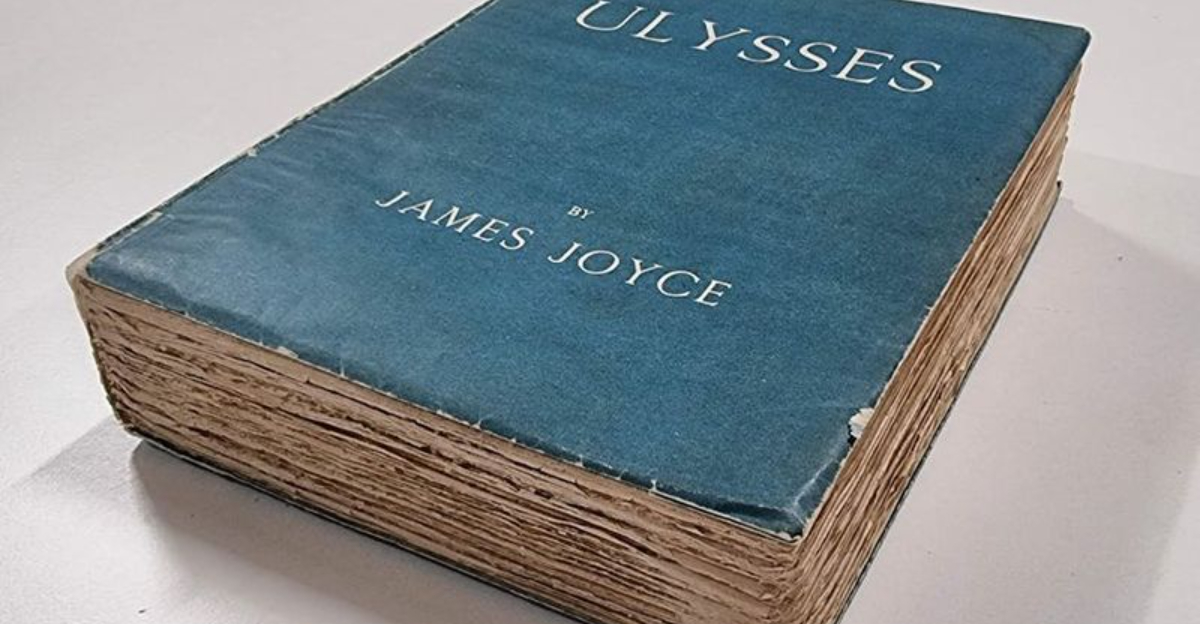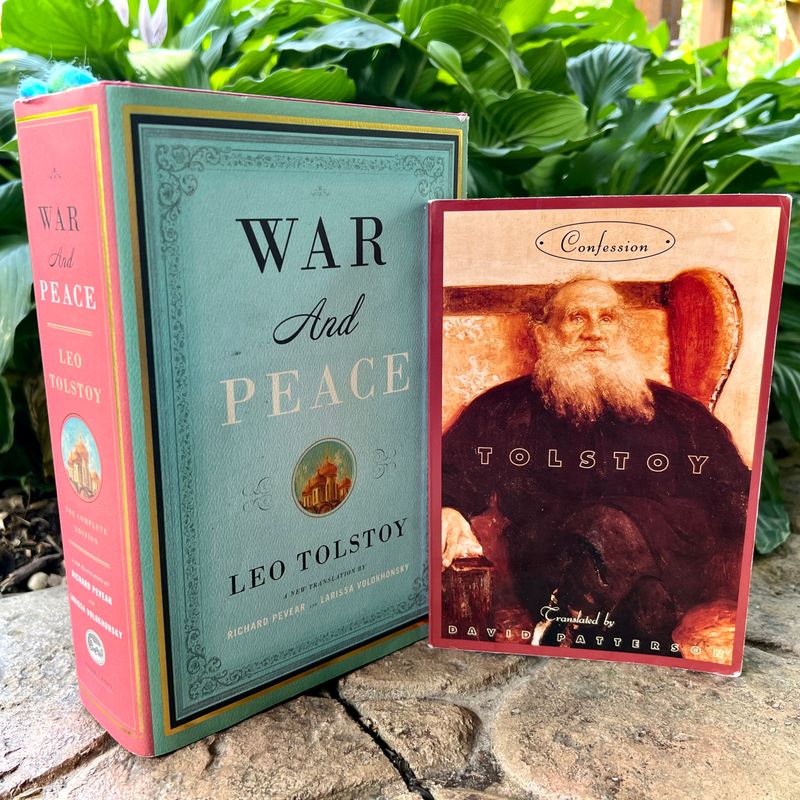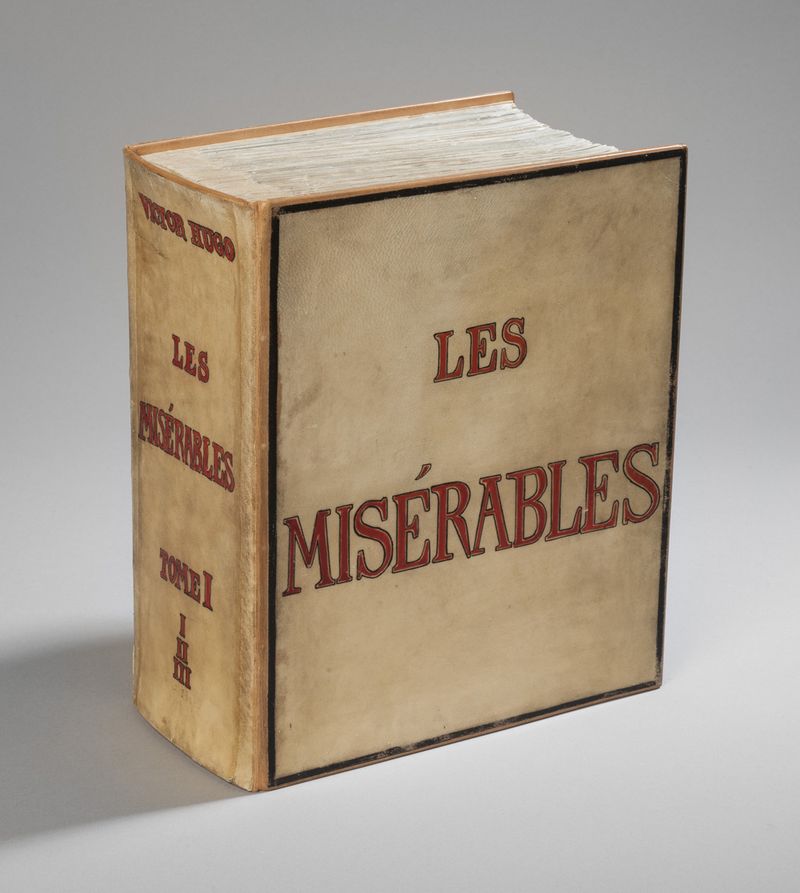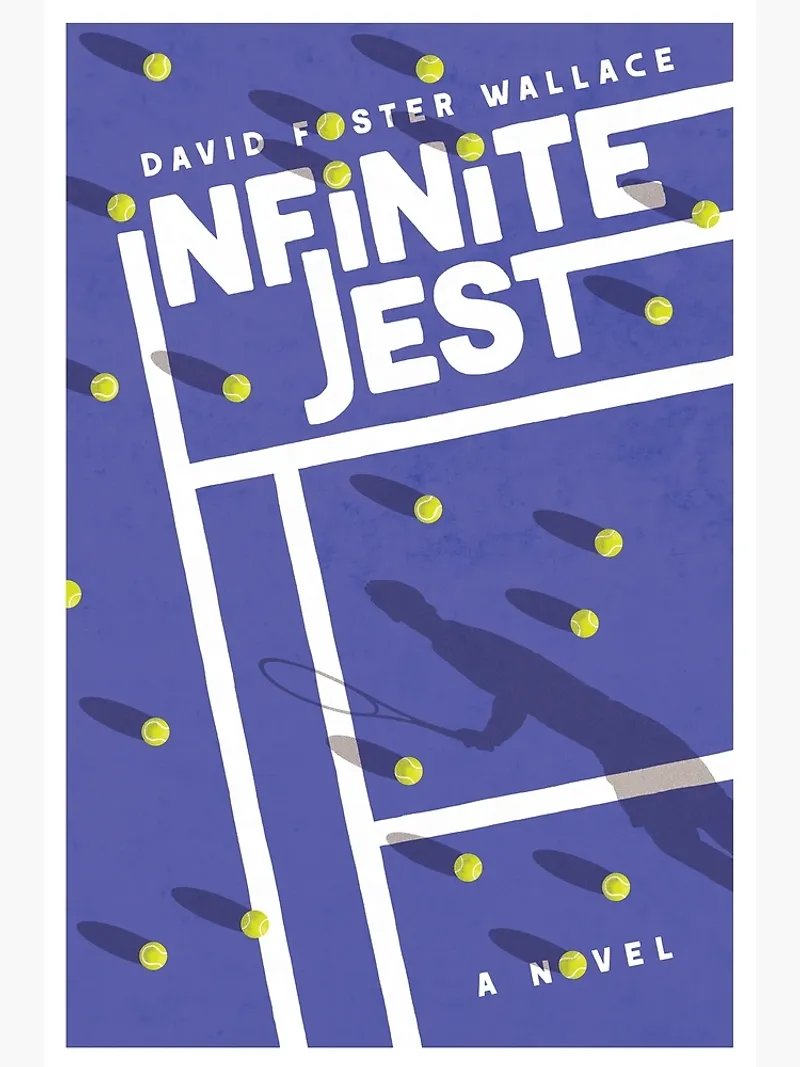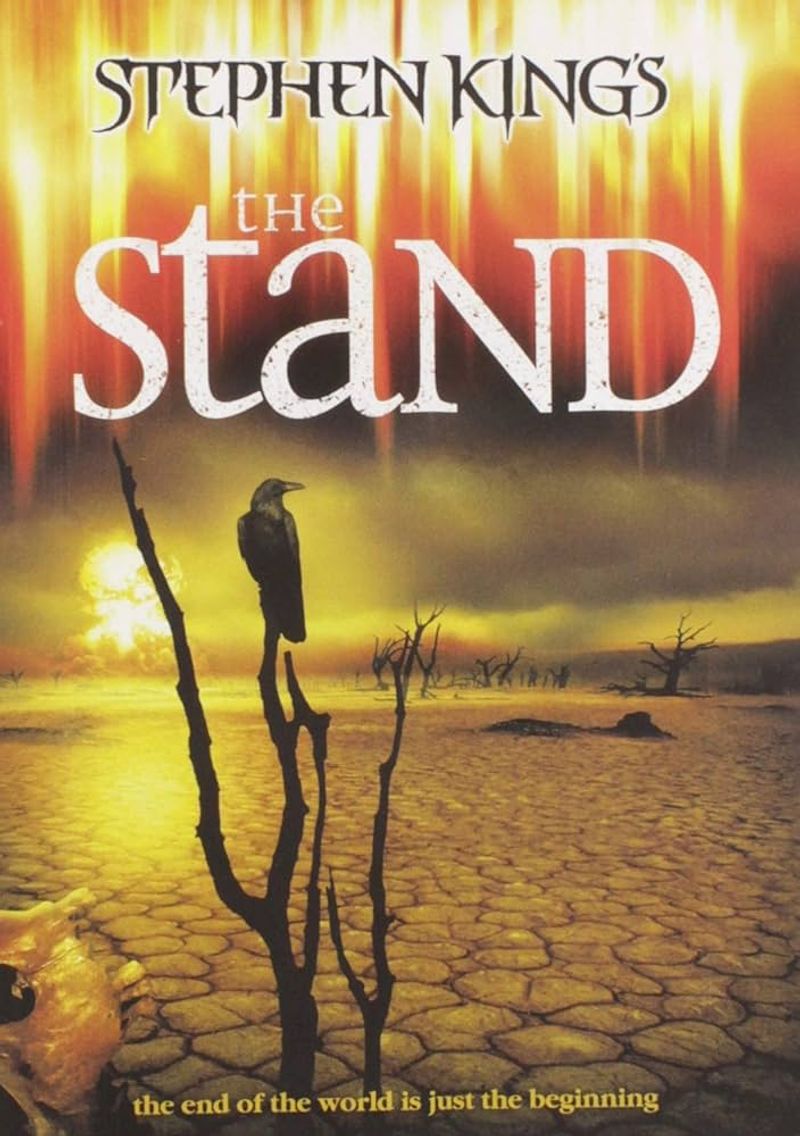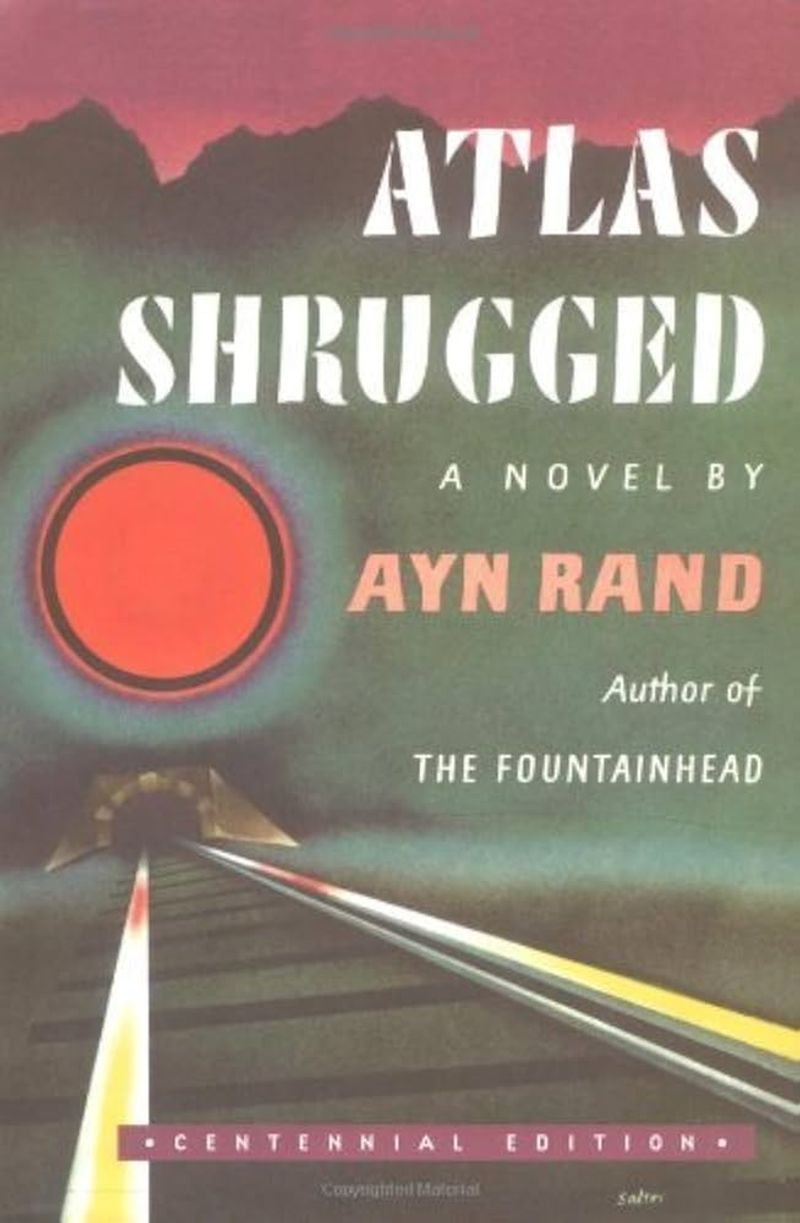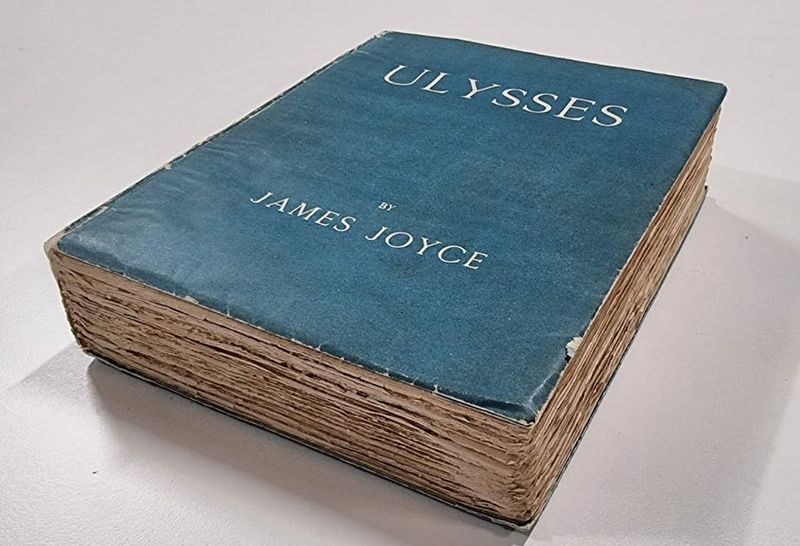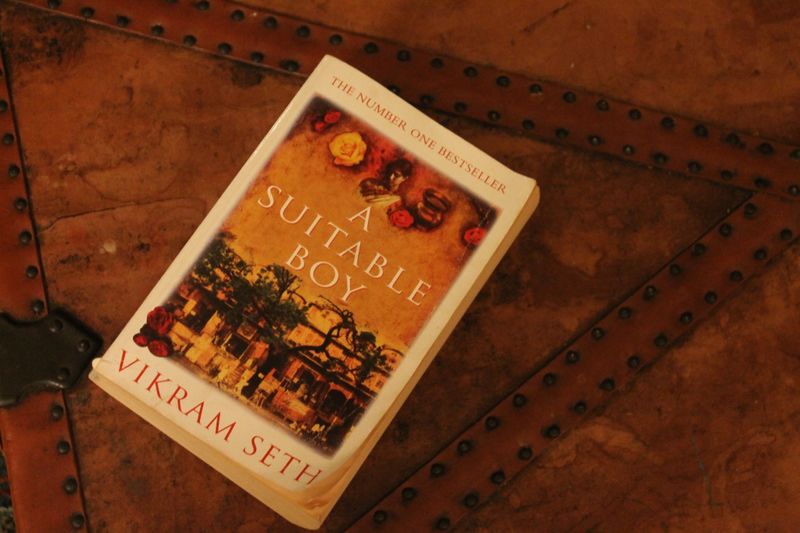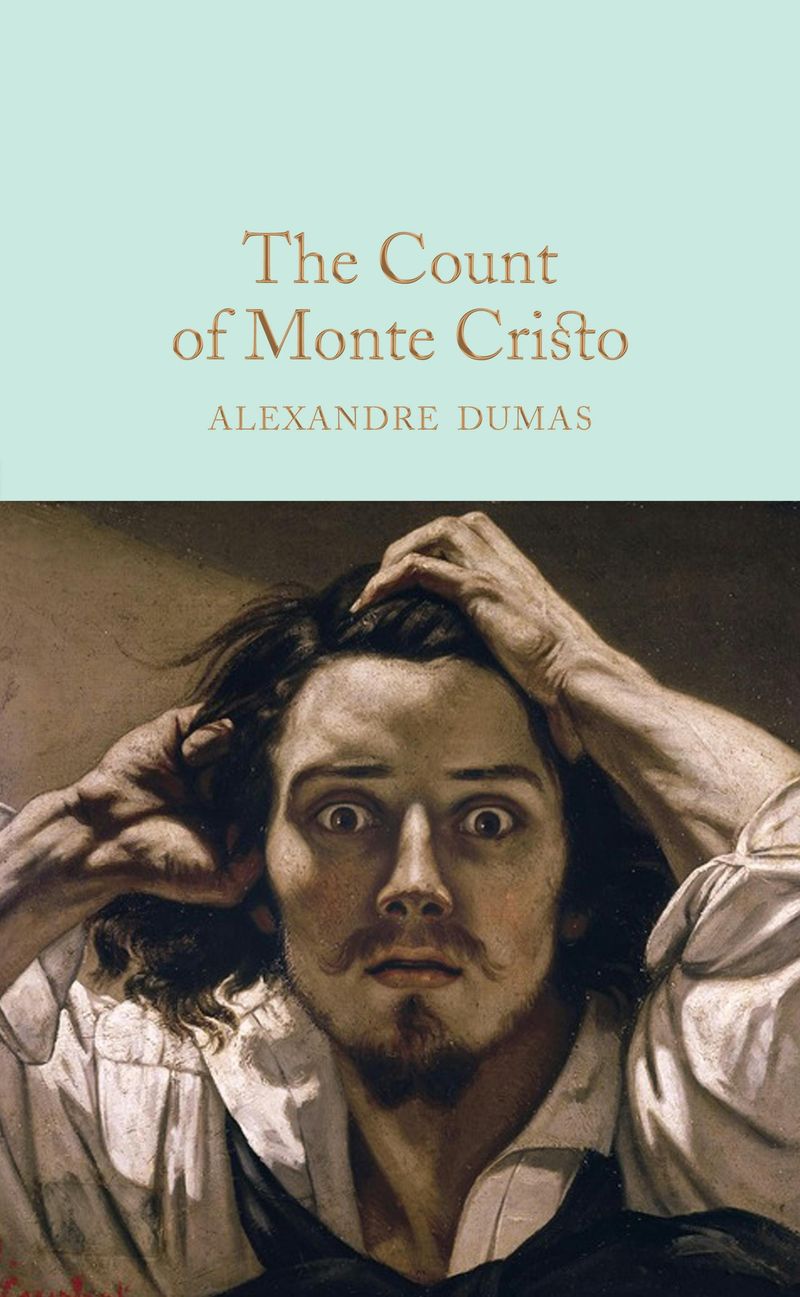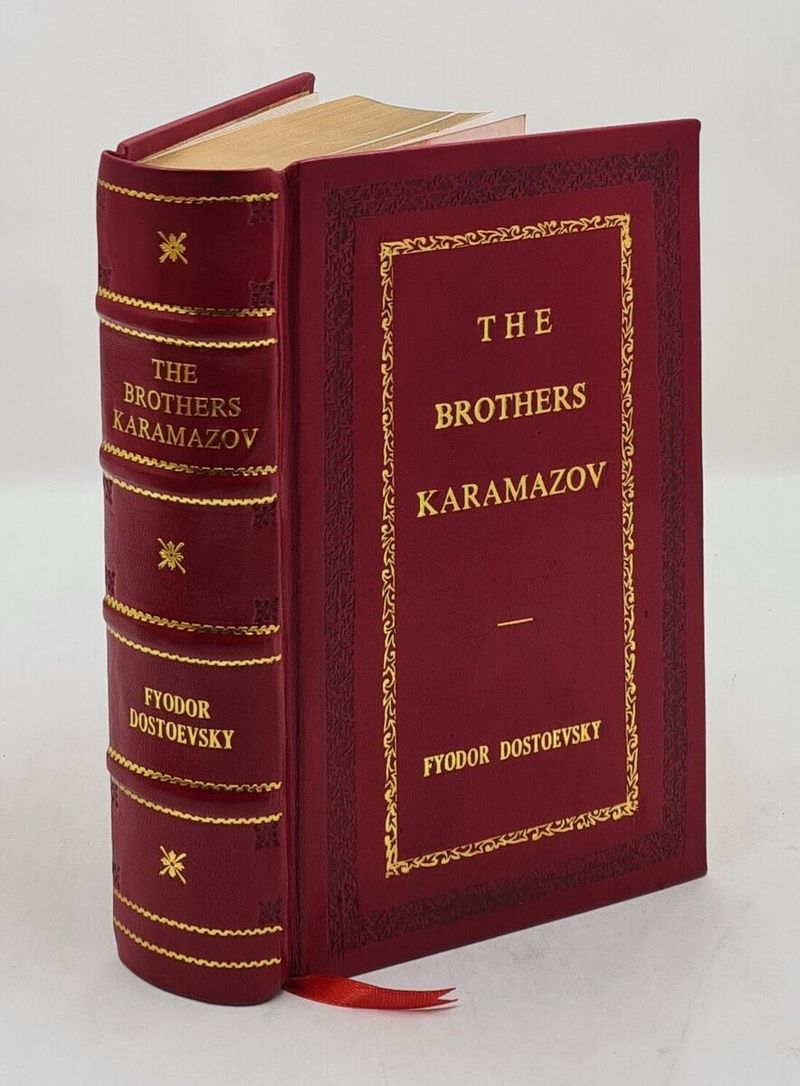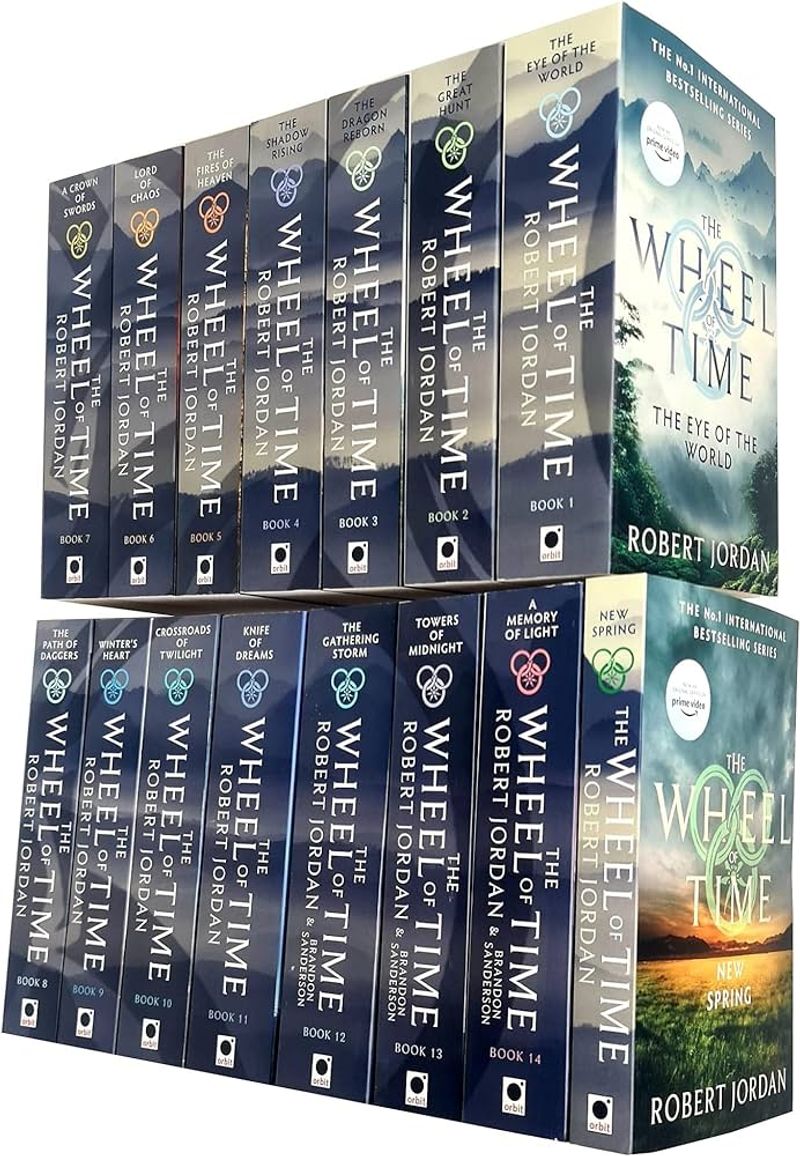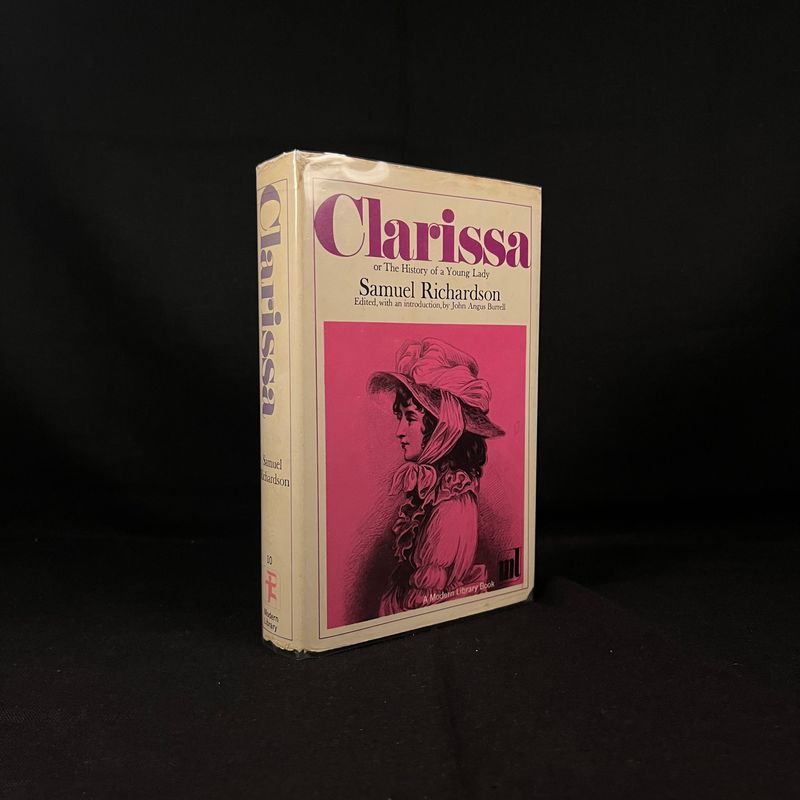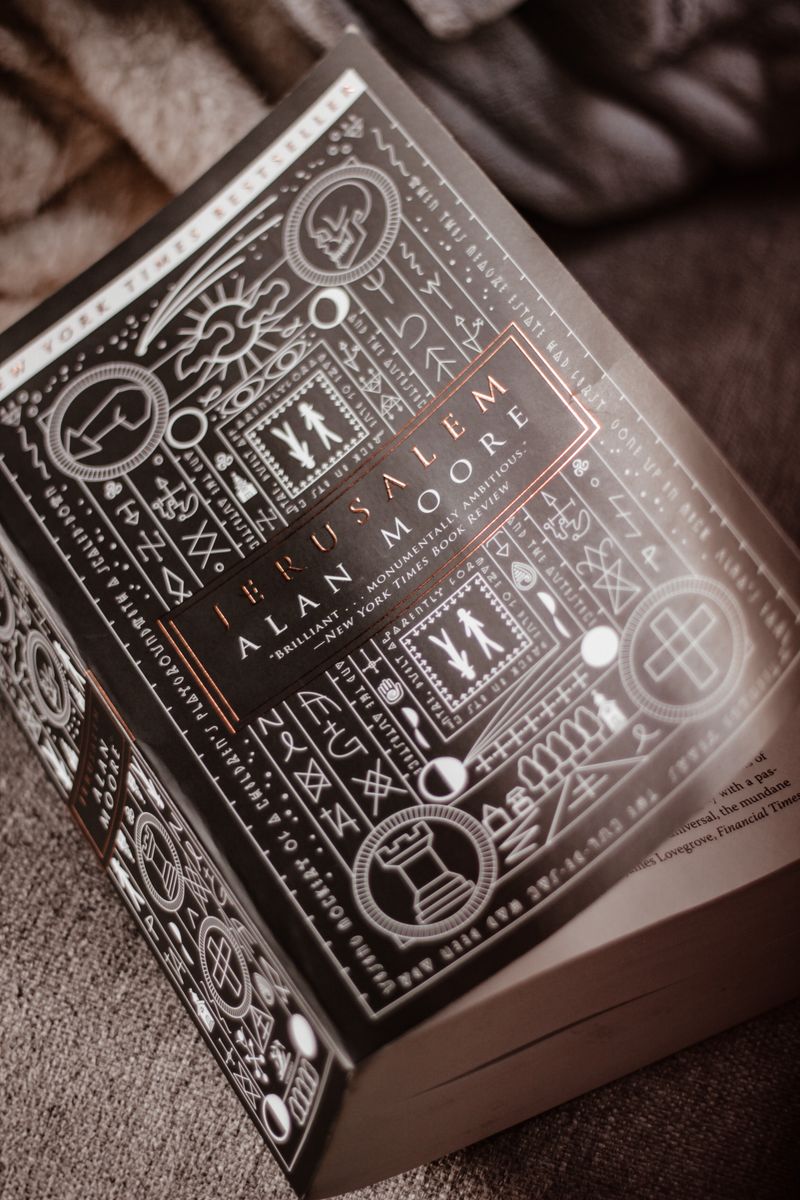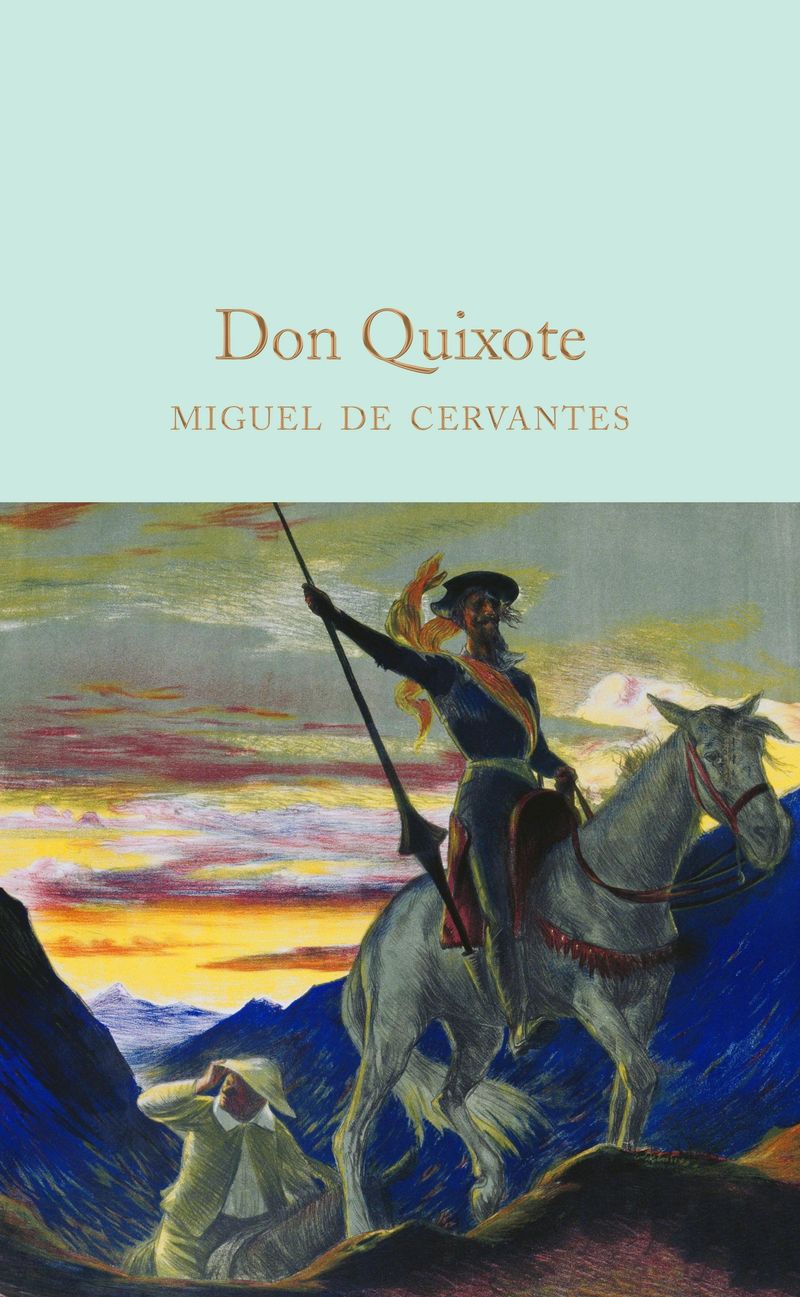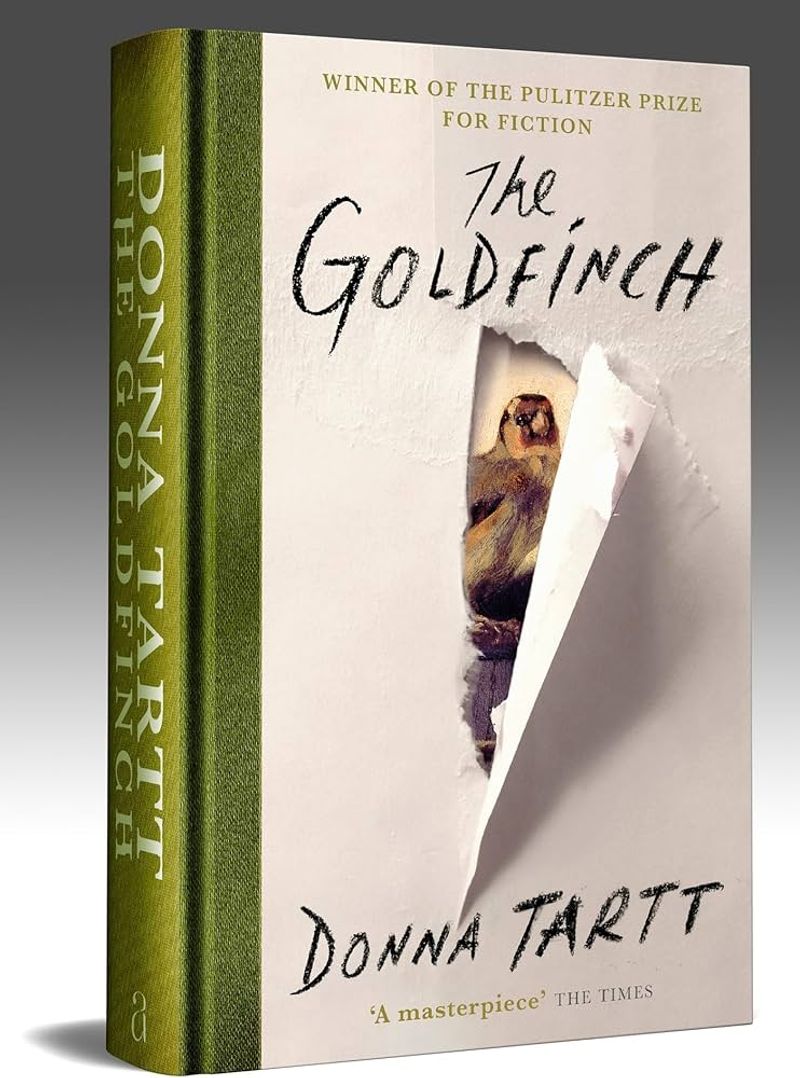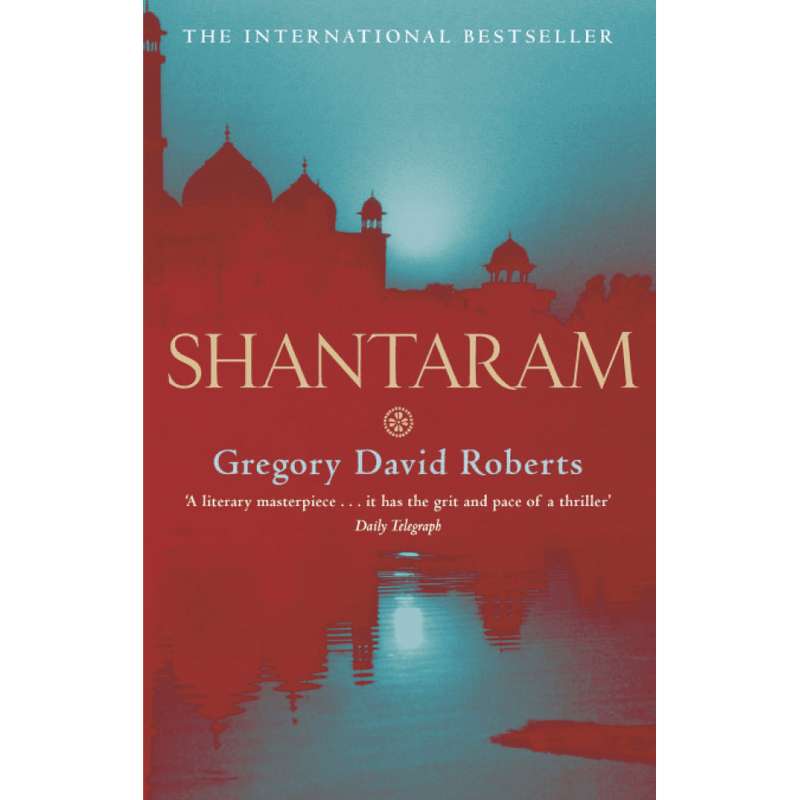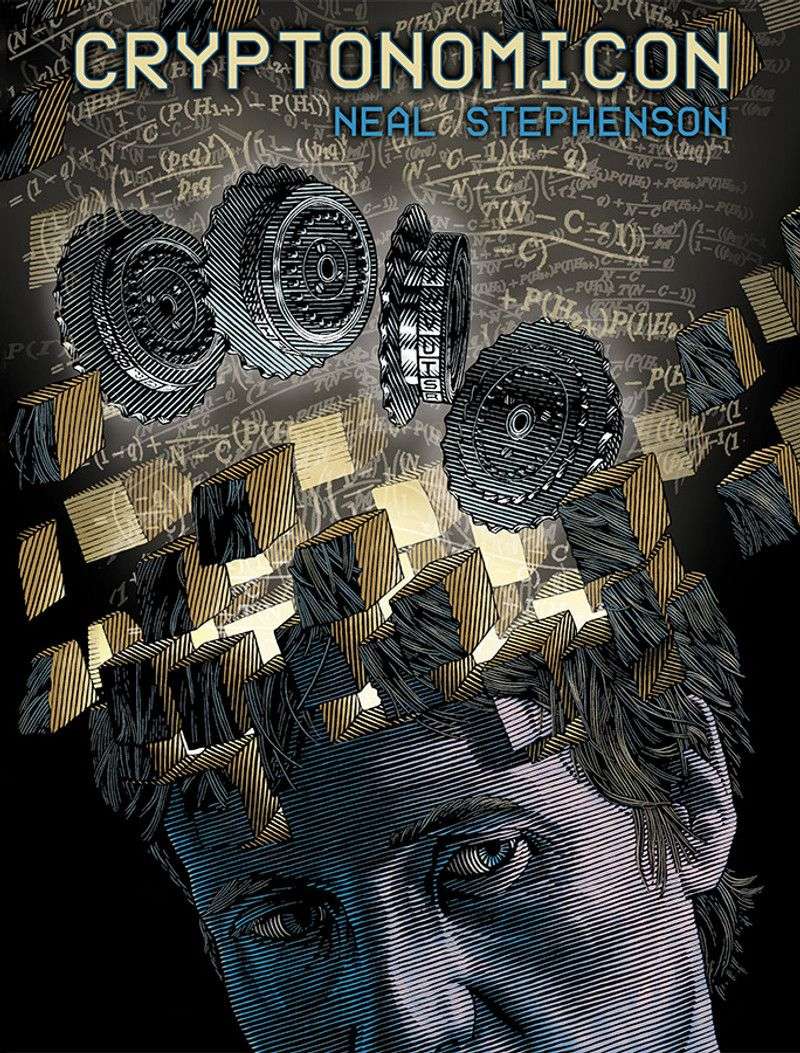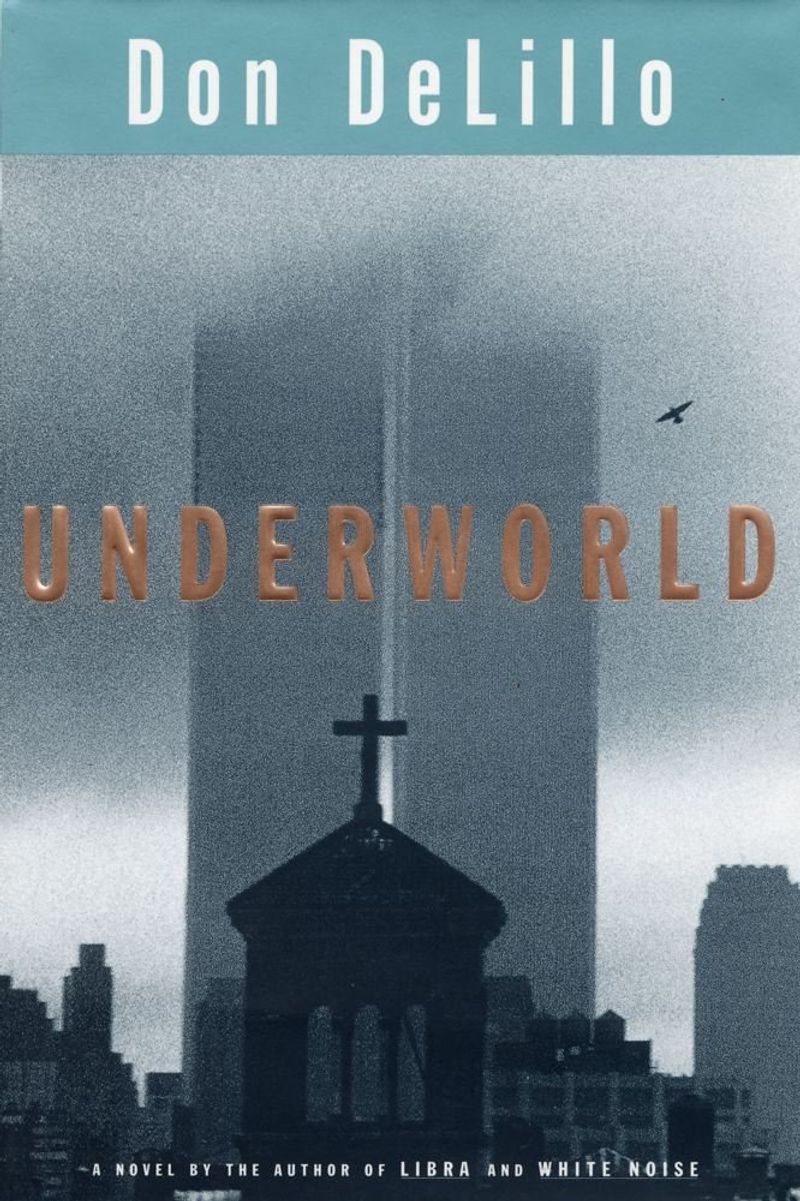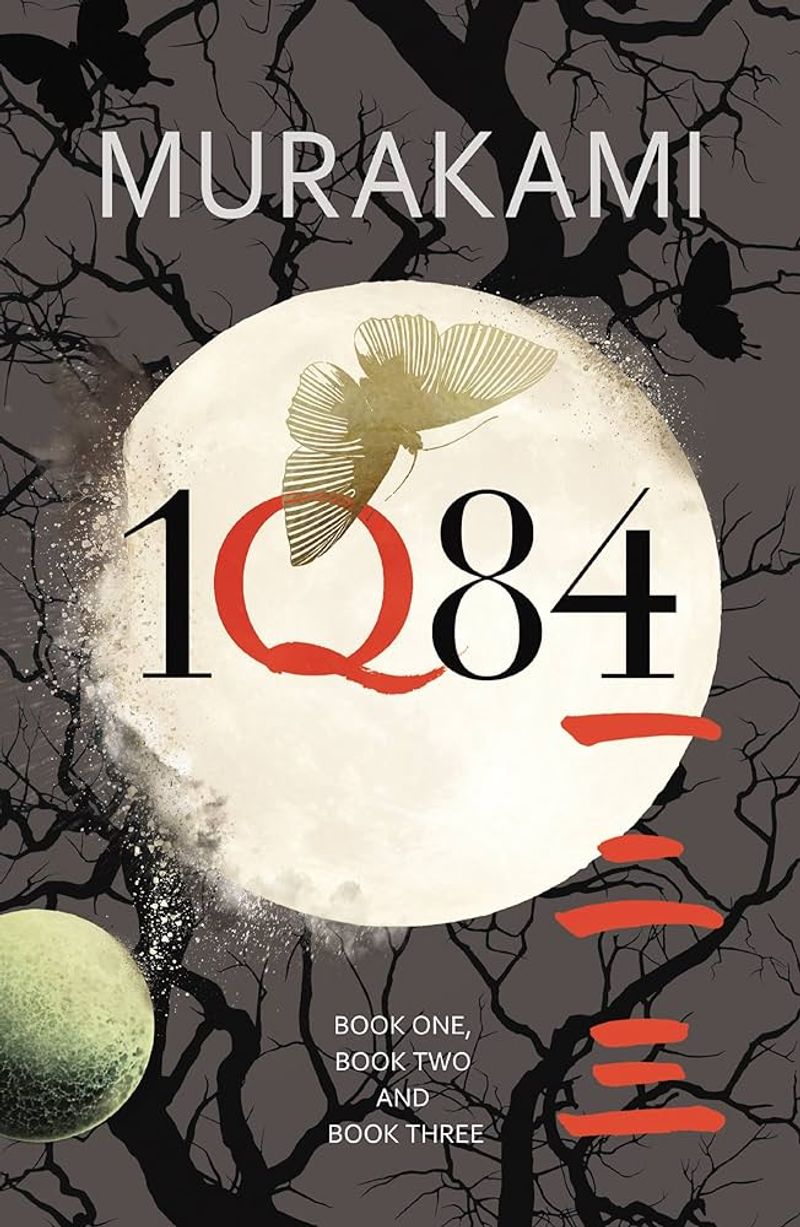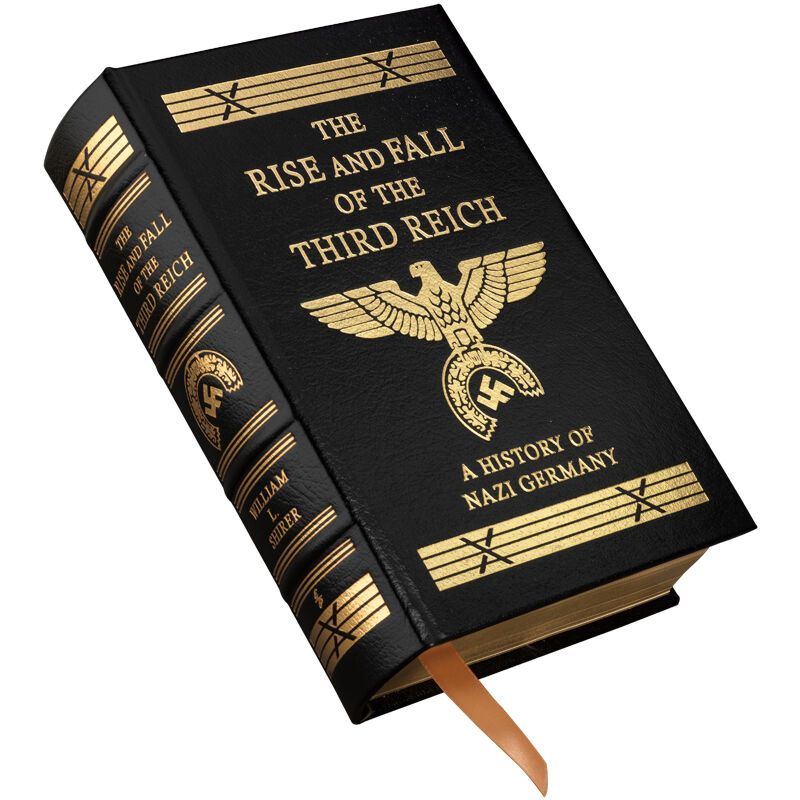Embarking on a literary journey can be as rewarding as it is challenging, especially with books that stretch on for hundreds of pages. These monumental works of literature not only test your endurance but also offer a profound sense of accomplishment upon completion. Here’s a curated list of 20 epic books so long, finishing them feels like a major life achievement.
1. War and Peace by Leo Tolstoy
In the sweeping epic of “War and Peace,” Leo Tolstoy crafts a vivid tapestry of love, war, and Russian society. Set against the backdrop of the Napoleonic Wars, it intertwines the lives of several families. The characters navigate personal and political upheavals, exploring themes of power, fate, and history. With over 1,200 pages, it’s a deep dive into the human condition. One finds richness in its exploration of philosophical ideas and historical events. The novel’s length provides a canvas for Tolstoy’s intricate character development and detailed historical observations.
2. Les Misérables by Victor Hugo
Victor Hugo’s “Les Misérables” is a monumental narrative of justice, redemption, and revolution. Set in 19th-century France, it follows the life of Jean Valjean, an ex-convict seeking redemption. The novel vividly captures the struggles of the impoverished and the revolutionary fervor of the time. Its pages are dense with social commentary, bringing to light themes of mercy and societal decay. Hugo’s masterful storytelling and rich characterizations make it a timeless classic. Each character’s story contributes to the broader tapestry of human struggle and triumph.
3. Infinite Jest by David Foster Wallace
David Foster Wallace’s “Infinite Jest” is a dense, multifaceted novel filled with humor and tragedy. Spanning over 1,000 pages, it delves into themes of addiction, entertainment, and existential despair. The narrative weaves together the lives of tennis prodigies, addicts, and a reclusive filmmaker. Its intricate structure challenges readers, with footnotes adding layers of complexity. Wallace’s sharp wit and profound commentary create a work that’s both daunting and rewarding. A cult classic, it invites readers to engage deeply with its sprawling narrative.
4. The Stand by Stephen King
Stephen King’s “The Stand” is an apocalyptic epic blending horror with heroism. The uncut version spans over 1,100 pages, depicting a world ravaged by a deadly plague. Survivors are drawn into a struggle between good and evil, led by the enigmatic Randall Flagg. The novel explores themes of morality, survival, and the human spirit. King’s detailed characterizations and gripping plot make it a compelling read. Its length allows for a richly developed world and a cast of memorable characters. A quintessential King masterpiece.
5. Atlas Shrugged by Ayn Rand
Ayn Rand’s “Atlas Shrugged” is a philosophical behemoth exploring individualism and capitalism. Set in a dystopian future, it follows the struggle of industrialists against a society that punishes innovation. The novel’s length allows for an in-depth exploration of Rand’s Objectivist philosophy. Its characters, like the enigmatic John Galt, grapple with questions of freedom and purpose. The narrative is a powerful critique of collectivism, advocating for self-interest and innovation. Rand’s work remains a provocative and polarizing classic.
6. Ulysses by James Joyce
James Joyce’s “Ulysses” is a modernist marathon known for its experimental style. Set over a single day in Dublin, the novel follows Leopold Bloom. Joyce’s stream-of-consciousness narrative weaves a complex tapestry of thoughts and experiences. With its intricate structure and rich allusions, “Ulysses” is a challenging yet rewarding read. The novel’s length allows for an immersive exploration of its characters’ inner lives. Joyce’s playful use of language and narrative innovation make it a landmark in literary history. A work of profound depth and creativity.
7. A Suitable Boy by Vikram Seth
At over 1,300 pages, Vikram Seth’s “A Suitable Boy” is a rich, intergenerational tale. Set in post-partition India, it follows four families navigating societal changes. The novel explores themes of love, politics, and tradition. Seth’s detailed storytelling and vivid characters create a world that’s both intimate and expansive. The narrative’s length allows for an intricate portrayal of Indian society and culture. Each character’s journey is woven into the broader tapestry of a nation in transition. A literary achievement that’s both sprawling and intimate.
8. The Count of Monte Cristo by Alexandre Dumas
Alexandre Dumas’ “The Count of Monte Cristo” is an unforgettable tale of revenge and adventure. Imprisoned unjustly, Edmond Dantès escapes and transforms into the enigmatic Count. The novel’s length allows for a richly woven plot full of twists and turns. Dumas’ masterful storytelling and vivid characters make it a compelling narrative. Themes of justice, betrayal, and redemption resonate throughout. The novel’s intricate plot and engaging prose captivate readers, making it a timeless classic. A thrilling journey of revenge and discovery.
9. The Brothers Karamazov by Fyodor Dostoevsky
In “The Brothers Karamazov,” Dostoevsky explores profound themes of faith, free will, and morality. Set in 19th-century Russia, it follows the lives of three brothers grappling with existential questions. The novel’s length provides space for deep philosophical discourse and intricate character studies. Dostoevsky’s rich prose and complex characters make it a compelling read. Each brother’s story adds layers to the exploration of human nature and spirituality. A masterful blend of mystery, drama, and philosophical inquiry. A cornerstone of Russian literature.
10. The Wheel of Time Series by Robert Jordan
Though not a single book, “The Wheel of Time” series is an epic fantasy saga. Spanning 14 volumes, it totals over 4 million words. The series follows Rand al’Thor and his companions on a quest to battle the Dark One. Jordan’s intricate world-building and complex characters captivate readers. Themes of prophecy, power, and destiny weave through the narrative. The series’ length allows for a richly developed fantasy universe. A journey that’s both grand in scope and personal in its character arcs. A cornerstone of modern fantasy literature.
11. Clarissa by Samuel Richardson
“Clarissa” by Samuel Richardson holds the title of the longest novel in the English language, written entirely in letters. It chronicles the life of Clarissa Harlowe and her struggles against societal and familial pressures. The novel’s length provides an immersive exploration of 18th-century social mores. Richardson’s epistolary style allows for a deep dive into the characters’ inner lives. Themes of virtue, coercion, and autonomy are intricately woven throughout. A pioneering work in the epistolary and sentimental novel genre. A testament to the power of the written word.
12. Jerusalem by Alan Moore
Alan Moore’s “Jerusalem” is a genre-defying novel that spans centuries and dimensions. Set in the town of Northampton, it explores the lives of its residents across time. The novel’s sprawling narrative and intricate structure challenge conventional storytelling. Moore’s vivid imagination and literary prowess create a work that’s both ambitious and thought-provoking. Themes of time, memory, and identity weave through the narrative. Its length allows for a richly layered exploration of history and reality. A unique fusion of fantasy, history, and philosophy.
13. Don Quixote by Miguel de Cervantes
Widely regarded as the first modern novel, “Don Quixote” by Miguel de Cervantes is both lengthy and deeply rewarding. It follows the misadventures of the delusional knight, Don Quixote, and his loyal squire, Sancho Panza. Cervantes’ masterpiece is a satirical exploration of chivalry and reality. The novel’s length allows for a richly woven tapestry of humor, adventure, and philosophical insight. Its characters and themes have left an indelible mark on literature. A timeless exploration of idealism and the human spirit’s resilience.
14. The Goldfinch by Donna Tartt
Donna Tartt’s Pulitzer Prize-winning novel “The Goldfinch” follows the tumultuous life of Theo Decker. After surviving a tragic accident, he clings to a painting that becomes his talisman. The novel’s length allows for a detailed exploration of grief, art, and identity. Tartt’s richly drawn characters and intricate plot captivate readers. Themes of beauty, loss, and the search for meaning resonate throughout. The narrative’s depth and complexity make it a rewarding read. A poignant and beautifully crafted story of life, love, and art.
15. Middlemarch by George Eliot
George Eliot’s “Middlemarch” is a multi-layered novel of Victorian life, full of rich characters and moral complexity. Set in the fictional town of Middlemarch, it explores themes of ambition, love, and societal change. The novel’s length allows for an intricate portrayal of its characters and their intertwined lives. Eliot’s keen insights into human nature and her elegant prose make it a timeless classic. Each character’s journey adds depth to the exploration of societal norms and individual aspirations. A masterful study of character and society.
16. Shantaram by Gregory David Roberts
Gregory David Roberts’ “Shantaram” is a semi-autobiographical saga about crime and redemption. Set in the underworld of Bombay, it follows the journey of an escaped Australian convict. The novel’s length provides a canvas for a richly detailed exploration of love, friendship, and survival. Roberts’ vivid descriptions and complex characters create an immersive narrative. Themes of identity, resilience, and the quest for freedom resonate throughout. The novel’s blend of adventure and introspection makes it a captivating read. A thrilling and poignant tale of transformation.
17. Cryptonomicon by Neal Stephenson
Neal Stephenson’s “Cryptonomicon” is a tech-thriller and historical saga rolled into one. It weaves together narratives of WWII codebreakers and modern-day tech entrepreneurs. The novel’s length allows for a richly detailed exploration of cryptography and technology. Stephenson’s intricate plot and vivid characters create a compelling narrative. Themes of secrecy, innovation, and legacy are intricately woven throughout. A work that’s both intellectually stimulating and entertaining. A masterful blend of history, technology, and adventure.
18. Underworld by Don DeLillo
Don DeLillo’s “Underworld” is a panoramic take on postwar America. It threads together the Cold War, baseball, and waste management in a sprawling narrative. The novel’s length allows for a richly woven tapestry of themes and characters. DeLillo’s incisive prose and complex storytelling captivate readers. Themes of history, culture, and identity are intricately explored. A work of profound depth and insight into the American experience. A masterful exploration of the interconnectedness of history and personal lives. A landmark in contemporary literature.
19. 1Q84 by Haruki Murakami
Haruki Murakami’s “1Q84” is a surreal epic set in a parallel Tokyo. The novel follows the lives of Aomame and Tengo, who find themselves in an alternate reality. Murakami’s blend of magical realism and mystery creates a captivating narrative. The novel’s length allows for a richly detailed exploration of its characters and worlds. Themes of love, reality, and destiny are intricately woven throughout. Murakami’s lyrical prose and imaginative storytelling make it a unique read. A mesmerizing journey through a world that’s both familiar and strange.
20. The Rise and Fall of the Third Reich by William L. Shirer
William L. Shirer’s “The Rise and Fall of the Third Reich” is a historical tome that’s as fascinating as it is exhaustive. It chronicles the rise and fall of Nazi Germany in meticulous detail. The book’s length allows for a comprehensive exploration of events, personalities, and ideologies. Shirer’s incisive analysis and firsthand accounts provide a compelling narrative. Themes of power, ambition, and downfall are intricately examined. A definitive work on one of history’s most infamous regimes. An essential read for history buffs and scholars alike.
